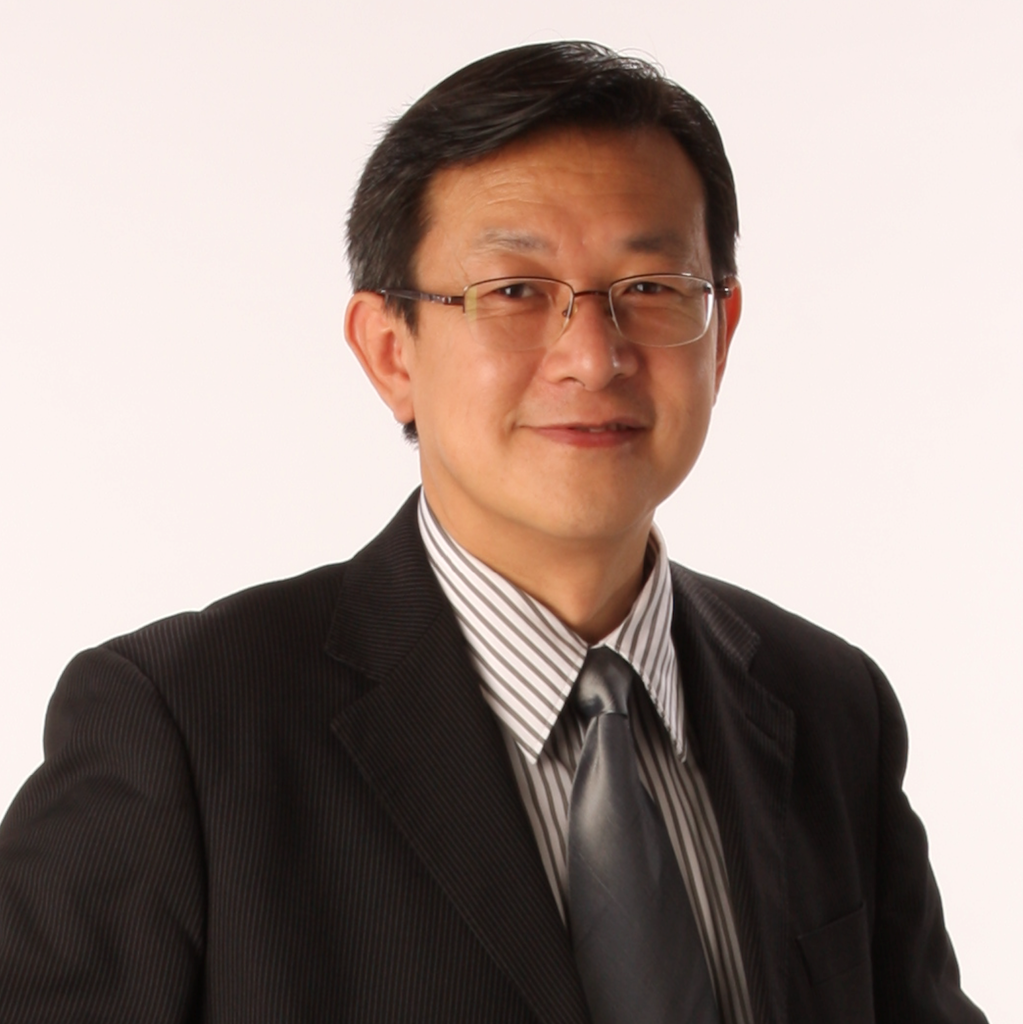Hwa-Yaw Tam
Hong Kong Polytechnic University, Hong KongFor the development of diagnostic and prognostic systems based on fibre Bragg grating-based sensing networks to herald a safer railway industry with reduced maintenance cost, optimized performance and capacity.

Hwa-Yaw Tam was born in Brunei, but is ethnically Chinese, and grew up in the small town of Sabah, Malaysia. This variety of cultures and experiences helped shape the person he is today.
As a boy, his mother would buy him a weekly magazine called Children’s Paradise, which was his first exposure to science, and he has been interested in it ever since. When Hwa-Yaw was 16, his father passed away, and he began working to support himself and save money for a university education. There were no universities in Sabah, so he knew he would have to earn and save quite a bit of money in order to pursue higher education.
While his parents had become Malaysian citizens shortly after moving there, citizenship for Hwa-Yaw and his siblings was not automatic. He became a permanent resident but his application for the Malaysian citizenship was rejected. He saved enough for a return ticket, 1-year school fee and a few hundred pounds before going to study in the United Kingdom. He found a part-time job in the UK the first week he arrived and had been supporting himself through various part-time jobs until he completed his PhD. During the course of his studies, he lost his permanent resident status, since he was living outside of Malaysia, and became a stateless person. For the ten years that he studied in the UK, he could not leave the country as he did not have a passport.
He chose electronics as his field of study because “it was a hot topic” when he was applying to university. In the last year of his degree, he completed his final year project in fiber optics – the area he still works in today. Throughout his undergraduate career he continued to work to support himself. One of his professors noticed this and worked with a UK company to establish a PhD project sponsorship. Because of this, he was able to continue his studies. “Find a mentor with a caring heart who is successful in the same area you are working on,” he urges. Hwa-Yaw considers this professor his greatest mentor not only because of the assistance in securing the sponsorship, but also due to his assistance in helping Hwa-Yaw gain UK citizenship when he had no official documents. After his PhD, he joined a research center of an UK company who helped him to secure UK citizenship. If not for this, he would have never been able to travel for research and business purposes or even to see his family.
“Make the best of what you have,” he says. “Work very hard with the opportunities you are given.” He explains that his final year project and the PhD research he did led him to the project he has been working on for 15 years - the use of fiber optic sensors to monitor the health of the metro rapid transit and other railways. He says that it is “very gratifying” that 15 years of research can finally be applied for public use.
He started his own company, Volant Railway Technologies Company, Ltd., in Hong Kong in 2015. He chose to settle in Hong Kong due to the proximity to his siblings who still live in Malaysia. The company created a smart railway monitoring system, which has been installed on six of the ten metro lines in Hong Kong and two metro lines in Singapore. He hopes that the company will be able to expand to additional countries in the near future. Since 1999, five successful photonics companies were spun-off from his research group. He finds it very satisfying whenever he sees photonics equipment from his companies used in top research institutions and universities around the world.
The sensors were initially built to detect trains passing over it, but during the first test application they realized that the sensor, originally built to detect something weighing more than ten tons, was sensitive enough to distinguish his students by their weight difference of ten to twenty pounds. This discovery meant that the sensors could be used to monitor a number of rail conditions-- including track corrugation, train vibration, and unbalanced load-- and not just trains. Hwa-Yaw says this was his coolest discovery. Today, they are continuing to make the system more intelligent and adding abilities to report and mine data for predictive maintenance of railway critical components.
Hwa-Yaw notes that he has read OSA publications since his PhD studies and says that they are important for learning about what other people are doing. After he started his professional career, he was able to organize and attend conferences and build a network of international colleagues to continue learning. “Accumulate a little daily and, eventually, it becomes significant,” he says. While this advice was originally from his mother in regards to money, Hwa-Yaw says he took it and applied it to knowledge as well, which has helped him, and his students, achieve success and do great things.
Profile written by Jeanette Gass
